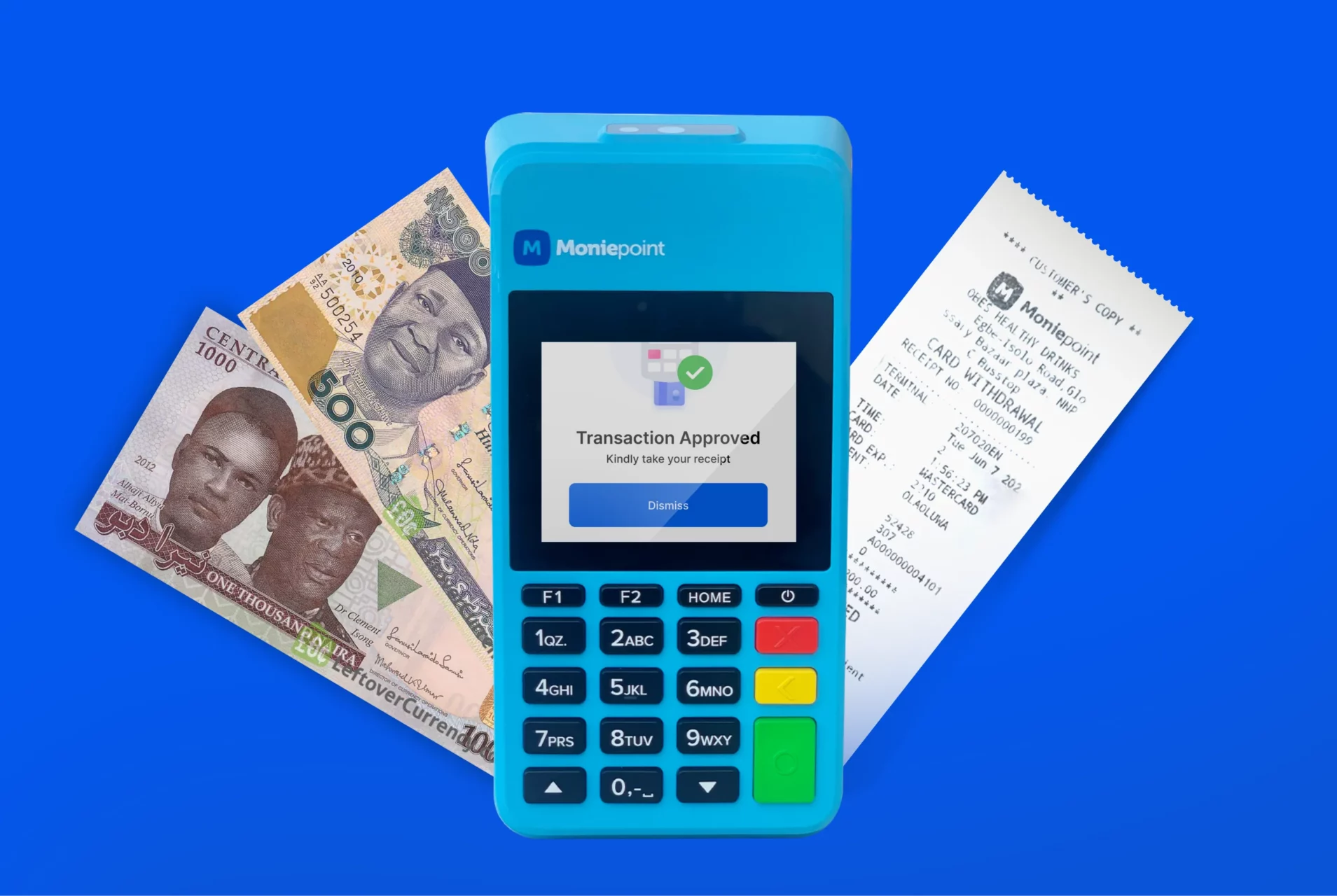This week, Moniepoint announced its Series C funding, led by DPI, marking one of the largest funding rounds for an African startup in 2024.
The nine-year-old fintech has experienced remarkable growth, initially building software for Nigeria’s largest banks before striking out on its own and becoming an agency banking leader.
In 2023, it entered the digital banking arena, building on previous successes, and already has more than ten million individuals and businesses signed up. Its transaction volumes have continued impressive growth, ultimately contributing to its unicorn valuation.
Speaking to the Financial Times following the announcement, Tosin Eniolorunda, Moniepoint CEO and Co-founder, disclosed that the startup will use the funds to expand across Africa.
“The opportunities that exist in Nigeria also exist in multiple countries. They are at different scales and levels of development; some countries are 10 to 15 years behind Nigeria, and very few are ahead. We are looking at options in our toolkit and finding which ones would be best to launch into a country, and that’s the work we’re doing right now.”
Over the past year, Moniepoint has established a mergers and acquisition team led by Ross Strike, signalling a serious commitment to growth. It is also on track to complete its acquisition of Kopo Kopo. While expansion seems promising, it brings a new set of challenges.
The case for expansion
Geographical expansion undeniably offers significant benefits for startups. For many African companies, it serves as a hedge against the risks posed by unstable political and economic conditions.
The naira lost 42.57% of its value in 2023, making Moniepoint’s accomplishments all the more remarkable. The company reportedly tripled its valuation at a time most startups have faced valuation cuts, and one must wonder what could have been achieved with more stability.
Expanding beyond Nigeria also strengthens its position as a major Pan-African player.
As Jerome Lapaire, CEO of Lapaire, stated in a previous conversation, “Building a business in one country is already very impressive, but if you can build it in multiple countries that have different regulations, different languages, and different currencies, it shows that your business is even more scalable.”
Additionally, expanding into other African countries allows it to unlock new revenue sources and potentially benefit from economies of scale.
So what could go wrong?
The downsides of an expansion
Given its intentions to acquire Kopo Kopo, one can safely assume that Kenya would be its first port of call.
Eighty-four per cent of Kenyans now hold accounts with formal financial institutions, with 42% of these being mobile money accounts. While some question whether this constitutes true financial inclusion, it underscores the deep penetration of mobile money in Kenya’s financial system.
Meanwhile, there might be some lessons from Interswitch on the decision to operate in Kenya. Although the company had operated in the East African country for five years, it still accounted for less than 5% of its revenue in 2022.
Kenya isn’t the only African country it could expand into, with large numbers of Africans still financially excluded. However, most of the countries where it could record quick wins are either in North Africa (Egypt, Algeria, and Morocco) or have fairly developed financial systems (South Africa).
Why doubling down on Nigeria might be a smarter play
Moniepoint has had Pan-African ambitions for a long time. It first disclosed plans to expand across West and North Africa in 2021, but they never materialised.
While expanding beyond Nigeria has its advantages, staying focused on the home market might be the wiser choice.
One key concern is the risk of losing market dominance. Moniepoint, OPay, and PalmPay have been the standout success stories of the Nigerian fintech space, reaching impressive levels of acceptance just as commercial banks struggled with providing efficient digital banking services.
Both startups have 35 million and 30 million users, respectively, compared to Moniepoint’s 10 million. However, it must be noted that it got into the personal banking space barely a year ago.
Expansion could divert Moniepoint’s attention from reinforcing its market position as it focuses on gaining traction in new regions. But a source who requested anonymity disagrees, noting that Moniepoint targets a different segment than OPay and PalmPay.
“You have to consider that they have other products for enterprises, SMEs, and individuals. They have some favourable market share. That being said, for them to lose ground would more likely be about OPay and PalmPay’s plans than anything else.”
Nigeria still holds significant potential for any fintech player. Despite the gains made on the financial inclusion front, formal financial inclusion remains at 64%, and Moniepoint’s deep knowledge of the market perfectly positions it to capture more value. Similarly, in the SME segment, most of the over 40 million SMEs in the country remain informal and continue to struggle to access credit.
Moniepoint’s Series C funding and unicorn valuation present significant opportunities for growth, both within Nigeria and across the African continent. Expansion could yield rewards like a larger market share and new revenue streams, but it also poses challenges, such as regulatory hurdles. Ultimately, its moves will depend on its long-term vision.











